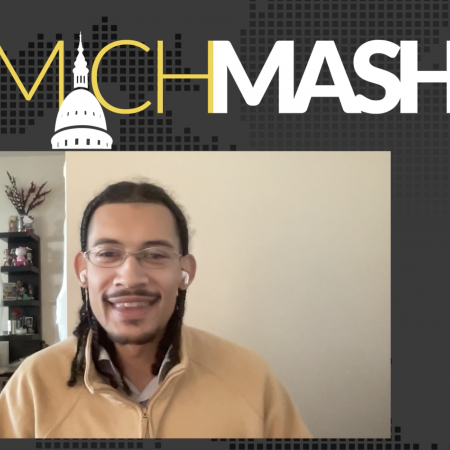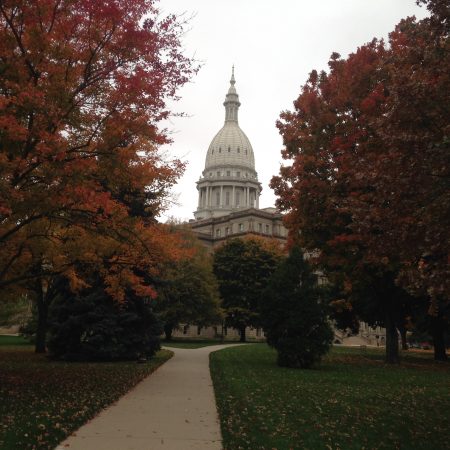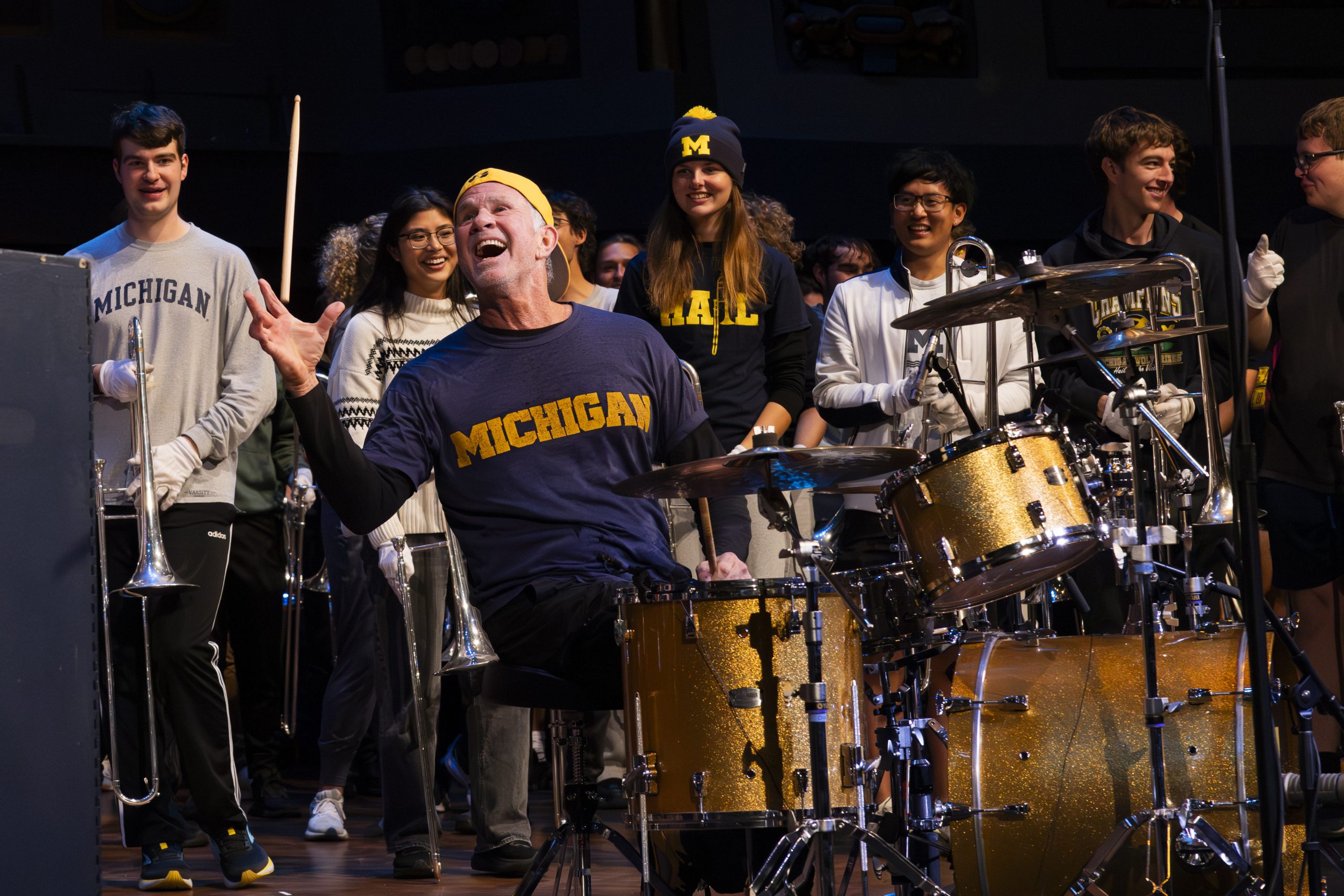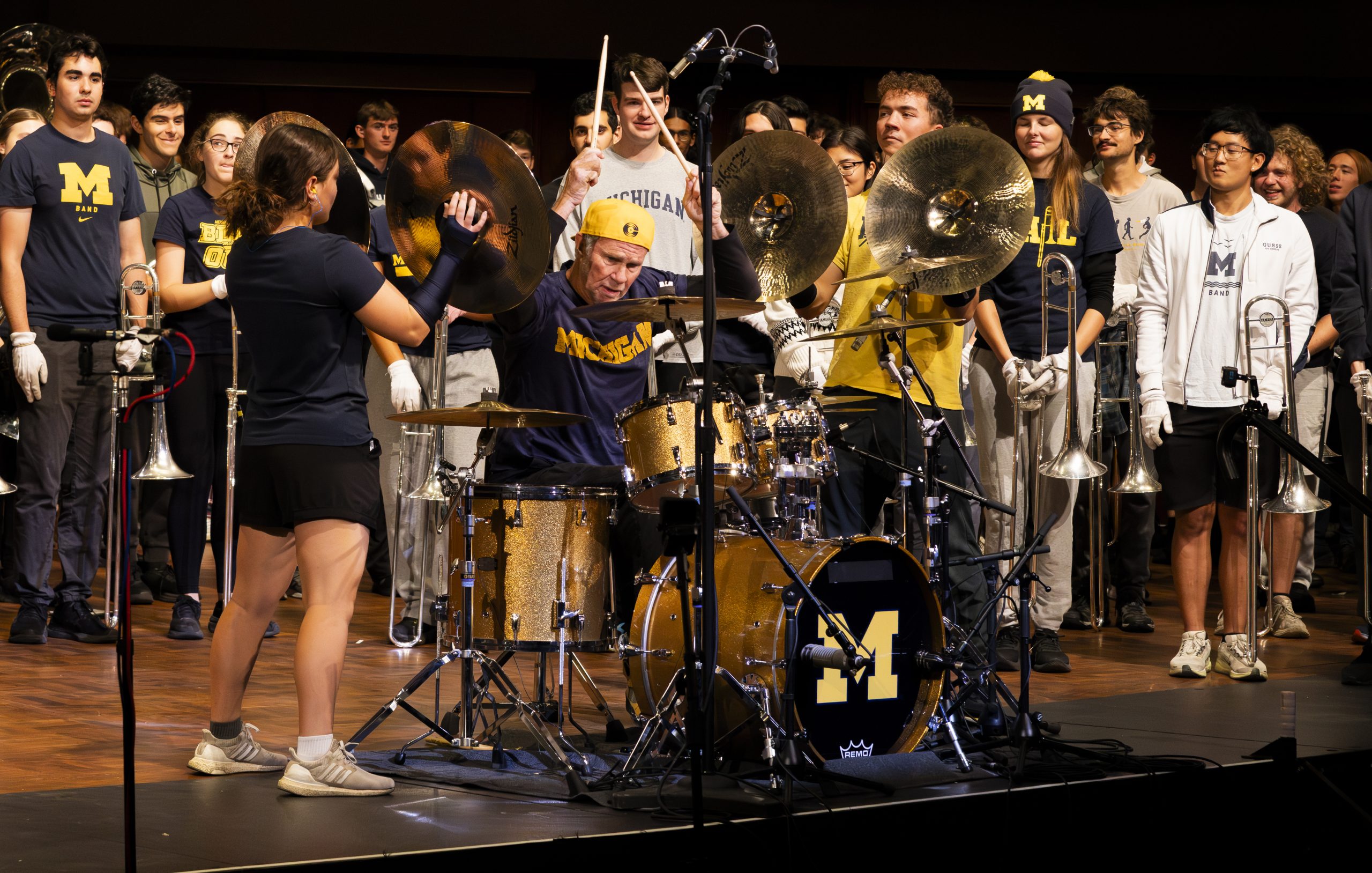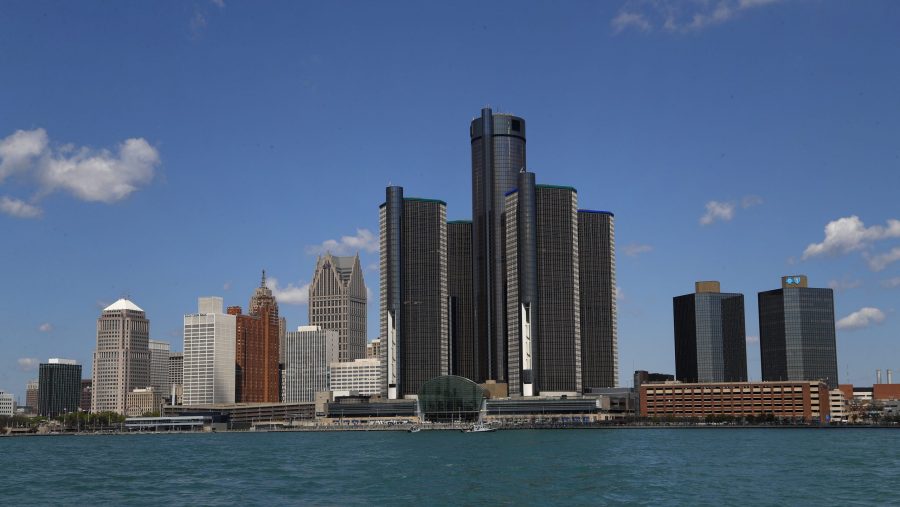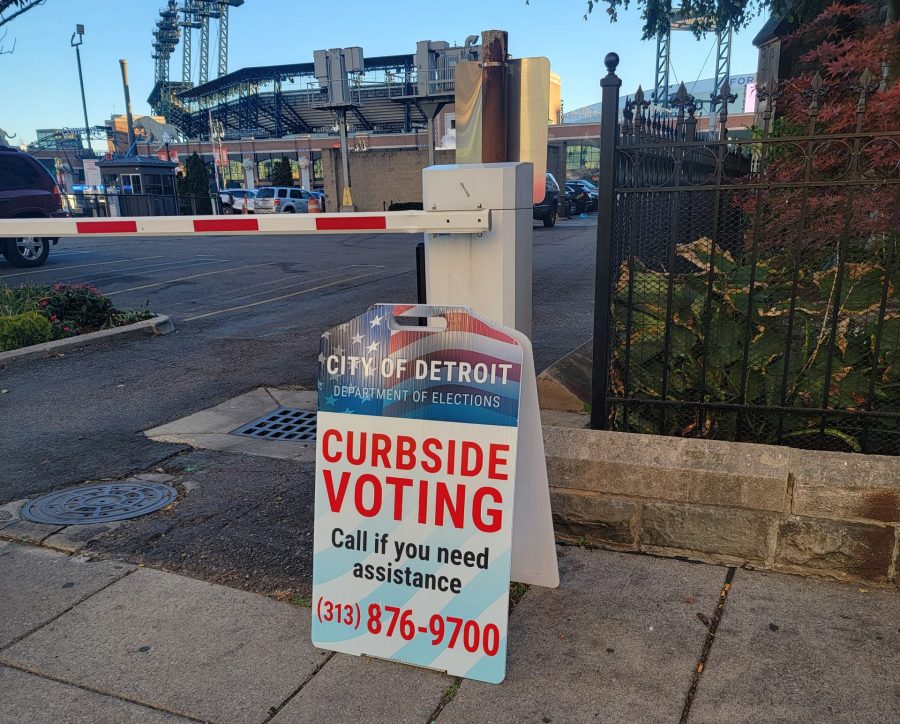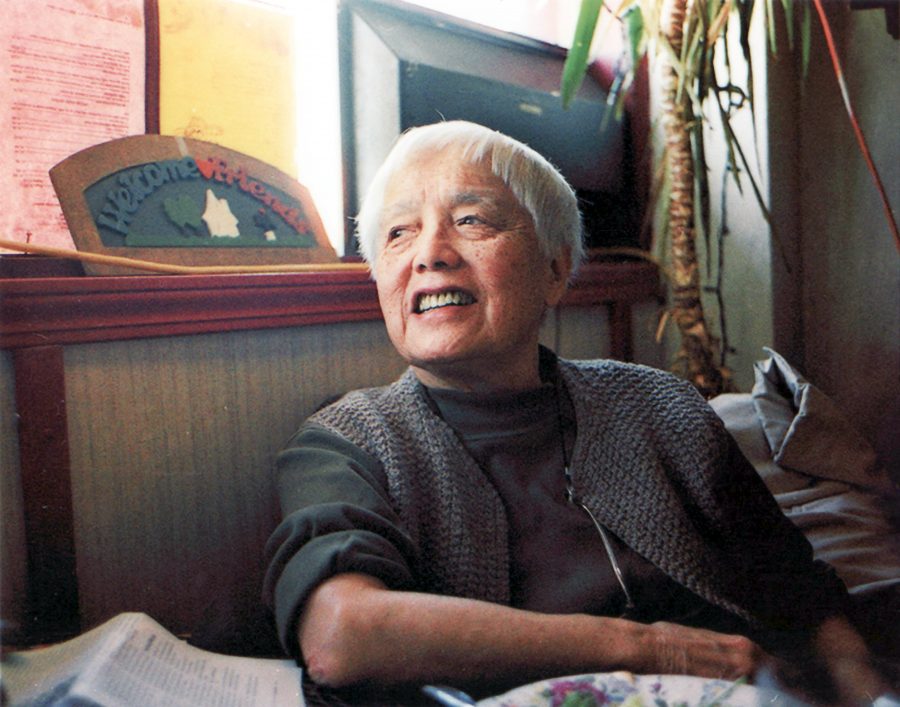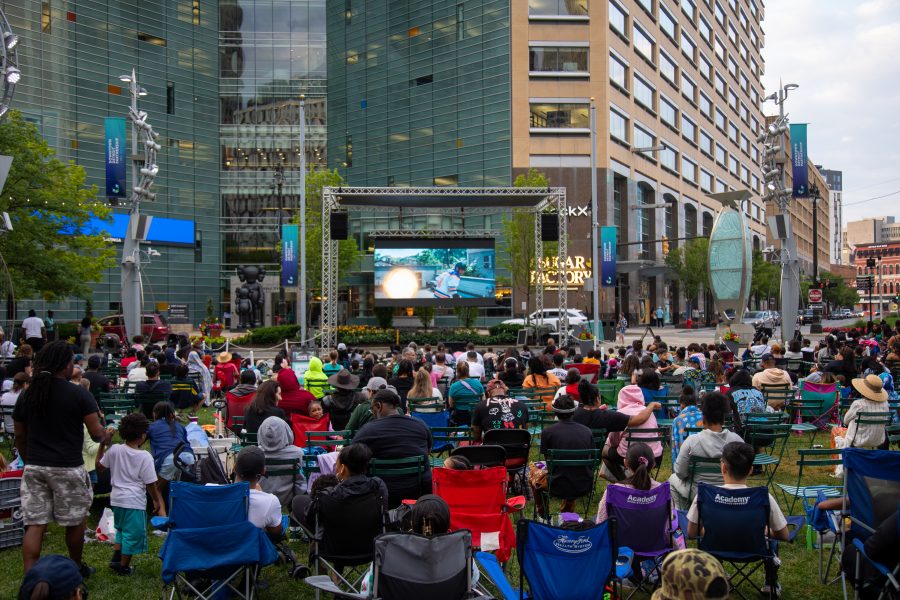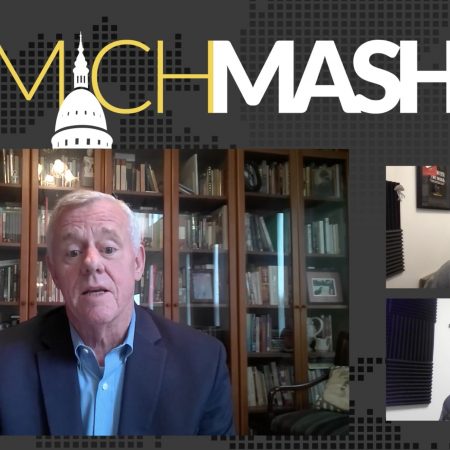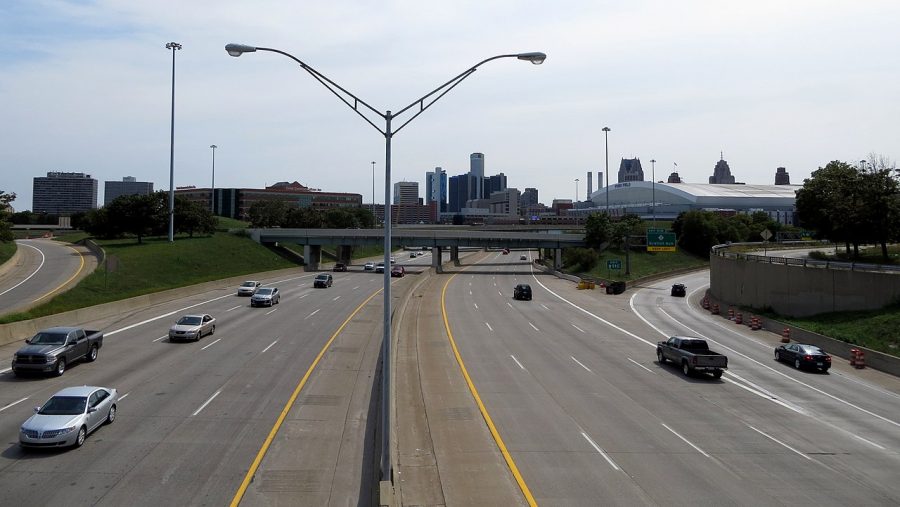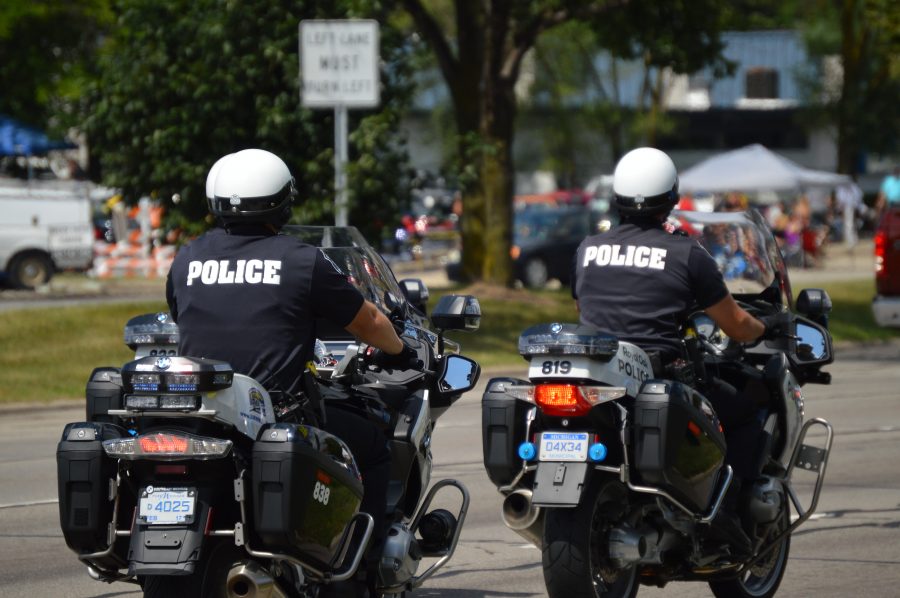DNR awards new community grants to grow Southeast Michigan’s urban tree canopy
The Michigan Department of Natural Resources is giving money to 25 communities and organizations to help grow local urban tree canopies.
Awardees include the cities of Oak Park, Ferndale, Port Huron, and St. Clair Shores, as well as non-profit groups like Arboretum Detroit and Detroit Horsepower.
Kerry Gray, who works with the DNR’s Urban and Community Forestry program, explains that these grants are part of a long-standing partnership with the DTE Energy Foundation.
“The DNR has worked with the DTE Energy Foundation since probably almost 30 years now, providing grants to communities and organizations for tree planting to help expand their tree canopy and strengthen local green infrastructure,” Gray says.
She says one goal of the grant is making sure the new trees are species diverse to help prevent problems like the widespread tree loss caused by invasive pests.
“I think we’ve all seen the devastation that happened when the emerald ash borer came in and attacked [a] species that we had an overabundance of, which was ash,” Gray says. “We really focus on making sure that all of our grantees are using a diverse palette of species…we work with them and provide support to help them select species that are suitable for their sites and locations.”
More information about Michigan’s tree canopy initiative can be found through the Mi Trees program, which aims to plant and care for 50 million new trees across the state by 2030.
This story is part of WDET’s ongoing series, The Detroit Tree Canopy Project.
Trusted, accurate, up-to-date.
WDET strives to make our journalism accessible to everyone. As a public media institution, we maintain our journalistic integrity through independent support from readers like you. If you value WDET as your source of news, music and conversation, please make a gift today.Donate today »
The post DNR awards new community grants to grow Southeast Michigan’s urban tree canopy appeared first on WDET 101.9 FM.

